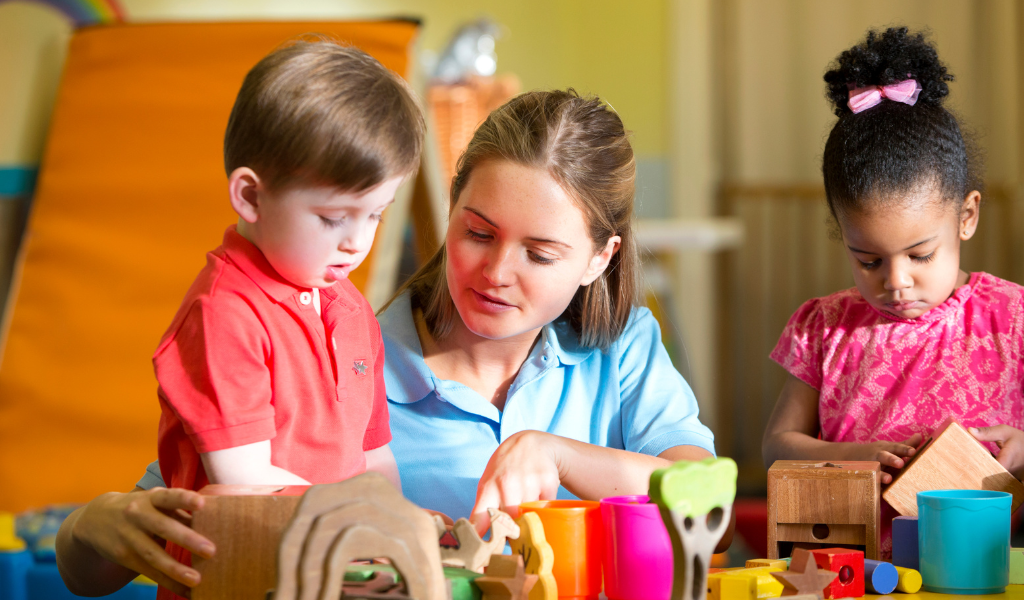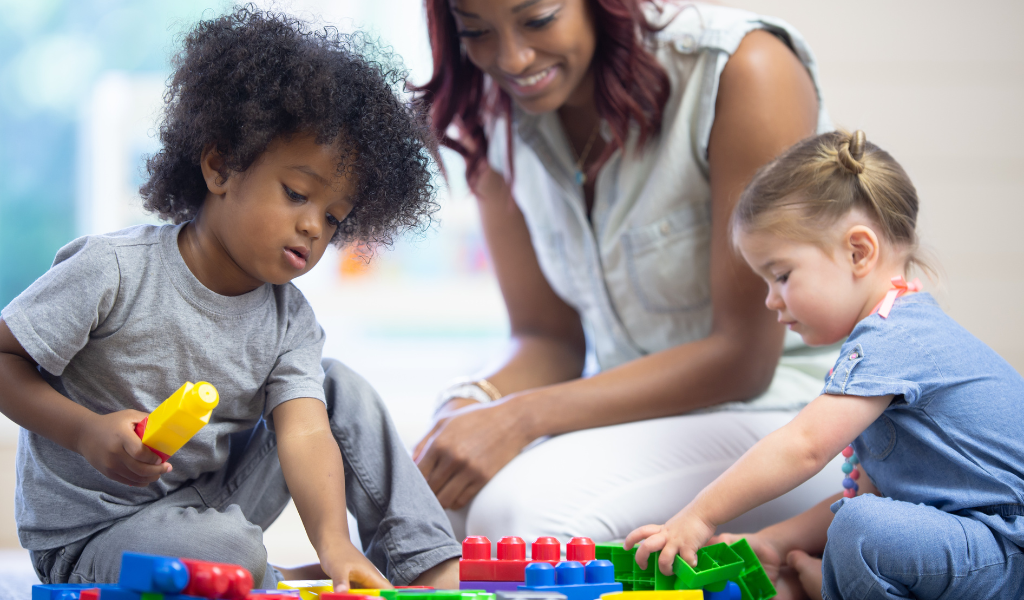When we work with young children, we have aspirations for who they are going to be and our own professional intentions of what they need to know in order to achieve this.
This is what is meant by the curriculum.
While the word itself can be intimidating and can often conjure up images of prescribed sets of facts that children have to learn and remember, taught in a formal way and on which the children are then tested.
For young children the curriculum is simply everything that we want them to learn, know, understand and do. In our continual interactions with them, back and forth conversations, our questions and observations as they follow an interest or fascination, reading them a story or supporting them in resolving conflicts, we are ‘delivering the curriculum’
While the English EYFS sets out a framework of expectations, it is not a curriculum, and nor can it be. A curriculum needs to be ‘grown not given’ and can only be created by the educators themselves and shaped around the needs and uniqueness of the children in their provision. We take many, many decisions every day and each time we do this, we connect what we know about the child – their needs, preferences, personality and attributes – with the curriculum, what they need to learn and be confident in knowing, doing and understanding.

Within the EYFS, while we are legally required to work within the seven Areas of Learning and Development and the Characteristics of Effective Teaching and Learning, it is important to recognise that the curriculum we deliver is much more complex and sophisticated that this alone. The curriculum we provide for children enables us to inform, empower and enculturate them into the world that they are part of, enabling them to question, experiment, communicate, problem solve and represent ideas, thoughts and feelings.
This is summed up by the DfE’s own guidance:
Read more about the Early Years curriculum on the DfE’s website.
The American educationalist Lilian Katz wrote: “An appropriate curriculum in the early years… is one that includes the encouragement and motivation of the children to seek mastery of basic academic skills, in the service of their intellectual pursuits.”
In short, a curriculum consists of knowledge, skills, understandings and behaviours that enable children to develop as motivated and informed thinkers and lifelong learners.
So, one of the key aspects that we need to consider is the content of the curriculum that we provide.
Alongside and withing the required aspects of the EYFS, what do children need to learn to be successful? In addition to those core skills and knowledge children particularly need to be able to have that flexibility in order to engage in the ‘intellectual pursuit’ that Lilian Katz writes about.
Aspects such as Emotional Literacy, and Executive Functioning, which includes being able to organise your thinking, retrieve knowledge from your memory, focus your attention and managing you r self regulation are increasingly identified as critical to success. While these might be seen learning ‘behaviours’ they are still ‘learnable’ and therefore ‘teachable’ and so they also need to be part of the Curriculum we deliver. Do we plan in opportunities for talking about these aspects explicitly? Do we deliberately work with children to name and identify emotions and strategies for managing these? Do we deliberately talk about ways of remembering different things we need to know or how to ignore distractions to focus on a task in hand?

Alongside this is ensuring that our understanding of Curriculum provides progression in knowledge, skills and behaviours. As effective educators we are always looking at ‘what comes next’. How can we make sure that all aspects of the Curriculum develop and evolve with each child. Learning is a constant process, and children need to be challenged – and supported – to be able to feel secure with what they know, apply it and extend it to follow what interests and motivates them. As educators we are constantly looking for the ‘teachable moment’ when we can support a child to rehearse and secure learning or to extend it – out of their ‘comfort zone’ – so that learning develops. This kind of progression, constant and intuitive, is vital for children to advance.
Whether we are aware of it or not, when we work with young children we are delivering a curriculum through every interaction and decision that we make. Understanding this, and knowing that this is indeed delivering the ‘curriculum’ will empower our confidence as EYFS educators.

About the author
Jan Dubiel is an Independent Consultant and Adviser and is a nationally and internationally recognised specialist in Early Childhood Education. He was recently identified by the Times Educational Supplement as one of the ten most influential people in British education and served on the Expert group advising the DfE on the recent review of the EYFS. He has previously been Head of National and International development at Early Excellence and the Director of Early Years for AISL Harrow International Schools and Bilingual Kindergartens. He has worked as a YN, YR and Y1 teacher, Senior leader, Consultant and adviser and national lead on the management of the (Early Years) Foundation Stage Profile with QCA. Jan has written widely on different aspects of Early Years policy ,pedagogy and practice. His first book “Effective Assessment in the EYFS” was published by SAGE in 2014.